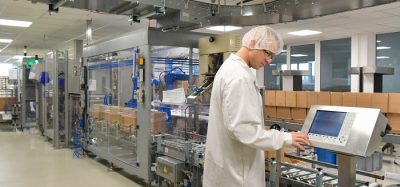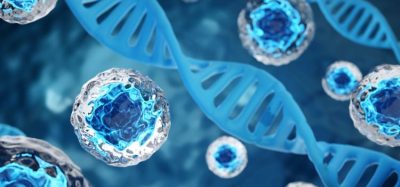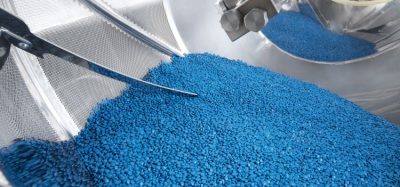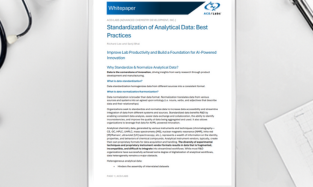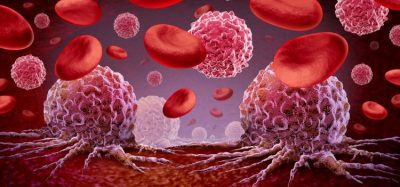BMS strikes $14bn deal for Karuna Therapeutics
Posted: 22 December 2023 | Caroline Peachey (European Pharmaceutical Review) | No comments yet
The deal includes Karuna Therapeutics’ potential first-in-class antipsychotic, xanomeline-trospium, for patients with schizophrenia and other conditions.
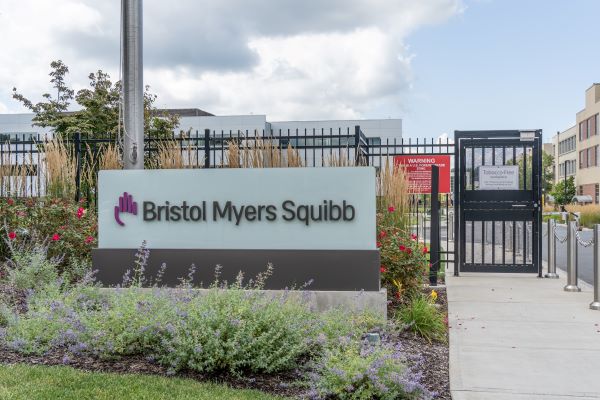

Entrance Sign to Bristol-Myers Squibb in Summit, New Jersey. (Credit: www.shutterstock.com)
Bristol Myers Squibb (BMS) has agreed to acquire Karuna Therapeutics for a total of $14.0 billion, strengthening its neuroscience portfolio.
Under the terms of the deal, BMS will acquire all outstanding shares of Karuna Therapeutics common stock for $330.00 per share in cash. This represents a 53 percent premium on Karuna’s closing stock price on 21 December 2023.
The deal includes Karuna’s lead asset KarXT (xanomeline-trospium), a potential first-in-class treatment for schizophrenia.
KarXT targets both the M1 and M4 muscarinic receptors, resulting in a differentiated safety and efficacy profile. It has demonstrated improvements in cognition and is not associated with common side effects of currently approved treatments like weight gain.
Currently under review by the US Food and Drug Administration (FDA), KarXT is expected to launch in the US in late 2024. The drug is also undergoing trials both for adjunctive therapy to existing standard of care agents in schizophrenia and for the treatment of psychosis in patients with Alzheimer’s disease.
KarXT’s novel mechanism has resulted in a transformational profile in schizophrenia, with compelling efficacy…”
“Schizophrenia and Alzheimer’s disease psychosis affect millions of people worldwide, with limited to no treatment options. KarXT’s novel mechanism has resulted in a transformational profile in schizophrenia, with compelling efficacy and a differentiated safety profile,” said Samit Hirawat, MD, Executive Vice President, Chief Medical Officer, Drug Development of Bristol Myers Squibb.
“KarXT also has the potential to deliver meaningful benefits to patients…as a first treatment for Alzheimer’s disease psychosis,” Hirawat added.
Registrational clinical trials are currently underway evaluating KarXT for the treatment of Alzheimer’s disease psychosis, with data expected in 2026. There are an estimated 6 million people living with Alzheimer’s in the US, and no currently approved treatments for AD psychosis.
Bristol Myers Squibb also believes KarXT has potential in additional indications, including Bipolar I disorder and Alzheimer’s disease agitation.
Additional, the company said it “sees potential from Karuna’s early-stage and pre-clinical pipeline.”
“This transaction fits squarely within our business development priorities of pursuing assets that are strategically aligned, scientifically sound, financially attractive, and have the potential to address areas of significant unmet medical need,” said Christopher Boerner, Chief Executive Officer of Bristol Myers Squibb.
The transaction is expected to close in the first half of 2024, subject to customary closing conditions.
Related topics
Big Pharma, Biopharmaceuticals, Drug Development, Drug Safety, Mergers & Acquisitions, Research & Development (R&D), Therapeutics



